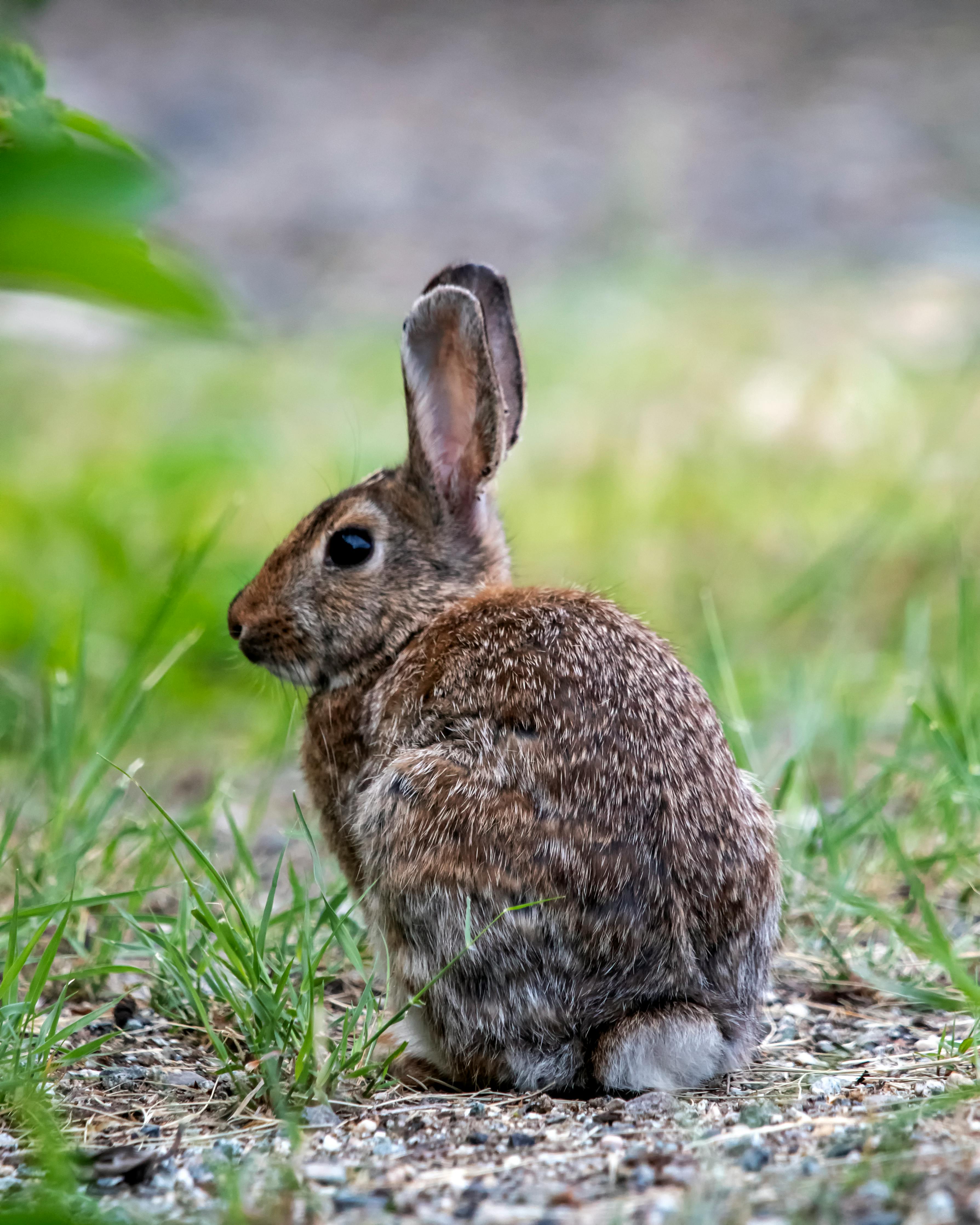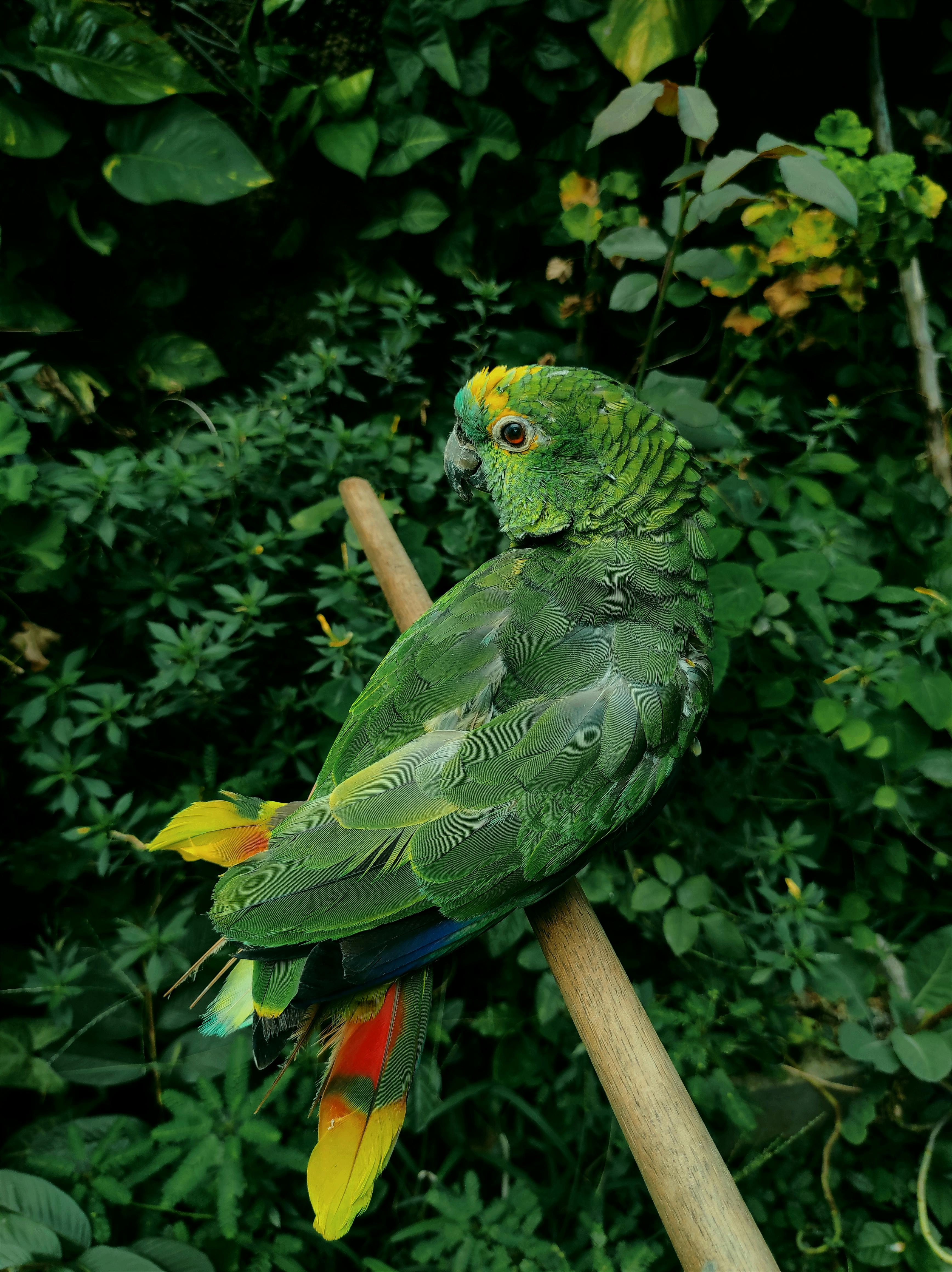Top 5 Effective Ways to Reduce Smell in Your Hamster’s Cage 2025

Do Hamsters Smell? Effective Strategies for Reducing Smell in Your Hamster's Cage
One of the often-asked questions by hamster owners is "do hamsters smell?" The answer can be complex, as factors such as hygiene, habitat, and diet all contribute to the overall hamster odor. Understanding how to manage and minimize these factors can lead to a fresher environment for both you and your furry friend. In this article, we’ll explore various strategies for reducing hamster smell, ensuring a clean and healthy habitat, which is vital for your pet hamster’s well-being.
Understanding the Sources of Hamster Odor
To effectively combat unpleasant smells in your hamster's cage, it's crucial to first identify the potential sources of hamster scent. The key factors that contribute to hamster odor include waste removal, food storage, and bedding materials.
Hamster Waste and Hygiene
One of the main contributors to hamster enclosure smell is waste accumulation. Hamsters, like all pets, require regular cleaning to maintain proper hamster hygiene. Daily removal of droppings and wet bedding minimizes the buildup of odor-causing bacteria. Aim for a cleaning routine that includes changing bedding at least once a week and disinfecting the cage surfaces with safe products for hamsters, such as diluted vinegar or a mild soap designed for pet care. This not only helps in preventing hamster smell but also ensures a healthier living environment for your pet.
Food and Water Management
The quality and storage of your hamster's diet can also significantly impact how your home smells. Spoiled or uneaten food can produce odor over time, which is why setting a consistent feeding routine and replenishing food daily can help keep smells at bay. Additionally, the water bottle should be cleaned regularly to prevent algae growth, which could enhance the smellproof hamster cage challenge you face.
Choosing the Right Bedding
Selecting the right hamster bedding can make a noticeable difference when it comes to managing odors. Opt for absorbent materials like aspen shavings or paper-based bedding, which can better trap moisture and reduce smells compared to less absorbent types, such as cedar shavings. Moreover, natural hamster deodorizer options can also help maintain an odor-free hamster home and should be considered when necessary.
Regular Cleaning Habits for Freshness
Creating a consistent care schedule is vital in maintaining an odor-free hamster home. A well-established cleaning routine not only improves your hamster's quality of life but also ensures community comfort.
Establishing an Effective Cleaning Schedule
A regular cleaning schedule is one of the best practices hamster owners can adopt. At a minimum, aim to do a thorough cage clean every week, involving emptying the entire habitat, washing all accessories, and replacing bedding. This approach will help to control any hamster enclosure smell while providing a fresh and safe environment for your pet. Additionally, some owners prefer a mid-week spot check to grab droppings and clean any wet areas that may arise, providing additional support for hamster health issues.
Odor Control Products
For owners struggling with persistent odors, considering an odor elimination for hamsters product can also be beneficial. Look for natural options that do not contain harmful chemicals to ensure your pet remains healthy. From deodorizing sprays to activated charcoal products, these items can help you maintain a fresher atmosphere in your pet’s habitat.
Regular Cage Accessories Maintenance
After prolonged use, even the best hamster cage accessories can become a source of smells if not tended to appropriately. Ensure that chew toys, nesting materials, and exercise wheels are cleaned regularly as per their usage frequency. Frequent cleaning will enhance their lifespan while keeping your hamster environment clean and inviting.
Behavioral Insights: Understanding Your Hamster
To properly care for your hamster and manage its scent, understanding hamster behaviors is essential. Knowing how your pet interacts with its surroundings can lead to better cage management.
Hamster Grooming Techniques
Another consideration for hamster maintenance is grooming. While hamsters self-groom, they can benefit from occasional manual grooming when necessary. This can help remove specially stubborn odors, particularly for breeds prone to fur fat deposits. Regular grooming also contributes to a sustainable approach to the hamster removal odor dilemma.
Assessing Gender-Specific Scent Factors
Often, male hamsters may emit a stronger odor than females due to territorial marking behaviors. Understanding these factors could set the tone for your hamster odor management techniques. This influence is particularly noticeable with breeding pairs; thus, owners should be cautious in managing the living conditions of the involved species, which often requires additional attention to hamster health and odor.
Identifying Health Issues Related to Odor
Sometimes, excessive odor may indicate potential health issues in hamsters. Owners should remain vigilant for changes in smell or behavioral alterations as they may indicate an underlying health problem. Frequent checks and visits to the vet can assist in clarifying any health matters, securing peace of mind for pet owners.
Key Takeaways
Maintaining a fresh environment for your pet is critical for their well-being. Key practices to consider include:
- Regular waste removal and thorough cleaning schedules
- Choosing effective bedding and managing food properly
- Understanding behaviors and odors linked with genetics
- Active grooming and health assessments for your pets
FAQ
1. Do all hamsters smell the same?
No, the level of odor can vary significantly across different hamster species, with some breeds producing more scent than others, largely due to hormonal and territorial instincts.
2. How often should I clean my hamster's cage?
A thorough cleaning of your hamster's cage should occur at least once a week, while spot cleaning should be done daily to effectively manage any odors and maintain hygiene.
3. What bedding is best for preventing hamster odors?
The best bedding options for mitigating odors include aspen shavings, paper-based bedding, and hemp bedding, which are effective traps for moisture and scents and safe for hamsters.
4. Are there special products for reducing hamster smells?
Yes, there are several natural hamster deodorizer products available that can help control odors without harsh chemicals, ensuring your hamster's environment remains safe.
5. What are the signs of health issues related to smell?
Unpleasant smells can signal potential health problems in hamsters, including infections or dental issues. If you notice a change in odor or behavior, it's crucial to consult a vet.
6. Can I use essential oils to reduce hamster smells?
It's crucial to avoid using essential oils directly near or in a hamster's habitat, as many can be toxic to small animals. Opt for safe cleaning methods instead.
7. Is it necessary to bathe my hamster frequently?
Typically, hamsters do not require bathing regularly as they self-groom. Excessive bathing can cause distress and skin issues; always observe your pet's hygiene closely.

